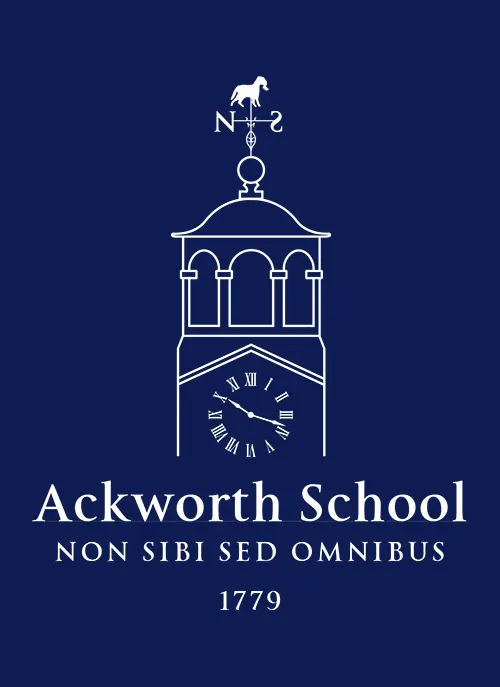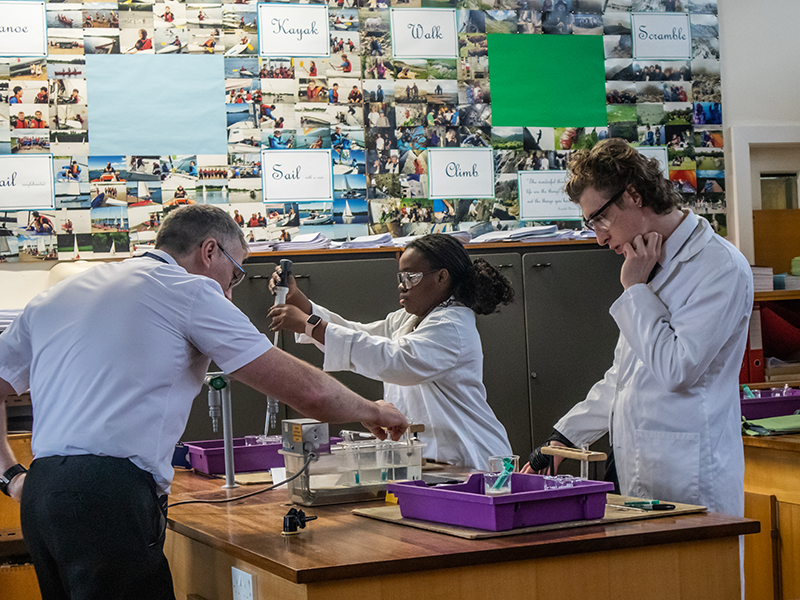
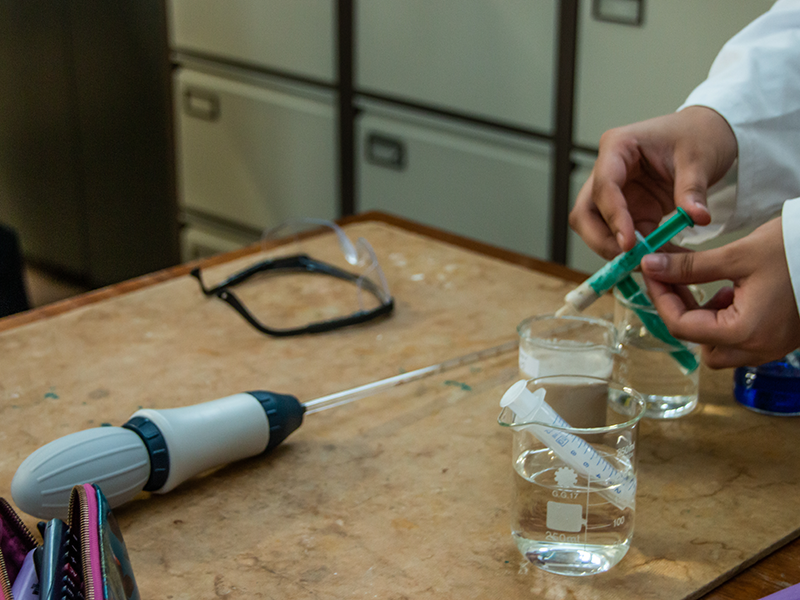
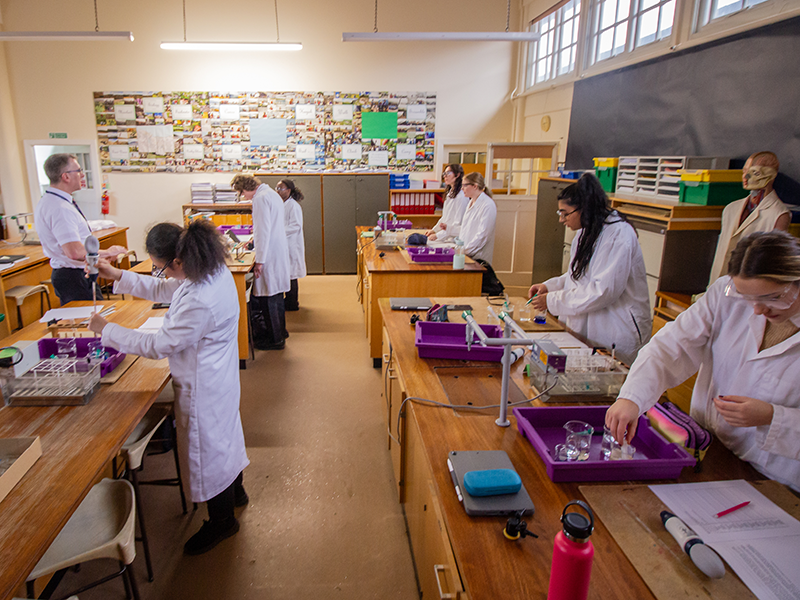
Biology continues to make a tremendous contribution to our society, revolutionising medicine and agriculture. We study organisms on many levels from molecular to ecosystems, using a variety of mathematical and problem solving skills. The biology curriculum provides opportunities for students to apply knowledge in theoretical and practical contexts; and analyse, interpret and evaluate scientific ideas, procedures and evidence. We also consider the moral and social issues raised by new biological technologies.
Department Staff: Helen Batty and Christopher Bailey
Advanced Level GCE Biology
Exam Board: AQA
Syllabus code: 7402
Advanced Level Biology is studied over two years and is composed of eight topics. In the Lower 6th, the topics studied are: ‘Biological molecules’; ‘Cells’; ‘Organisms exchange substances with their environment’; and ‘Genetic information, variation and relationships between organisms’. In the Upper 6th, the topics studied are: ‘Energy transfers in and between organisms’; ‘Organisms respond to changes in their internal and external environments’; ‘Genetics, populations, evolution and ecosystems’; and ‘The control of gene expression’.
Practical work is a vital part of Biology and you will develop your skills throughout the course, using a variety of apparatus and techniques. A separate endorsement of practical skills is taken alongside the A level. This is assessed by observation as you complete the required practicals and other activities. There is also a Field Trip in the Summer Term of the Lower 6th and all students are expected to attend. We study the abundance and distribution of freshwater organisms in a stream; the regeneration of moorland following burning; the distribution of organisms across a rocky shore and succession patterns across a major sand dune system.
There are three examination papers and you will take these at the end of your Upper 6th. There are a mixture of short and long answer questions in each paper. Paper 3 includes a greater emphasis on data analysis and an essay. At least 10% of the marks in the assessments will require the use of mathematical skills and at least 15% will assess knowledge, skills and understanding in relation to practical skills.
